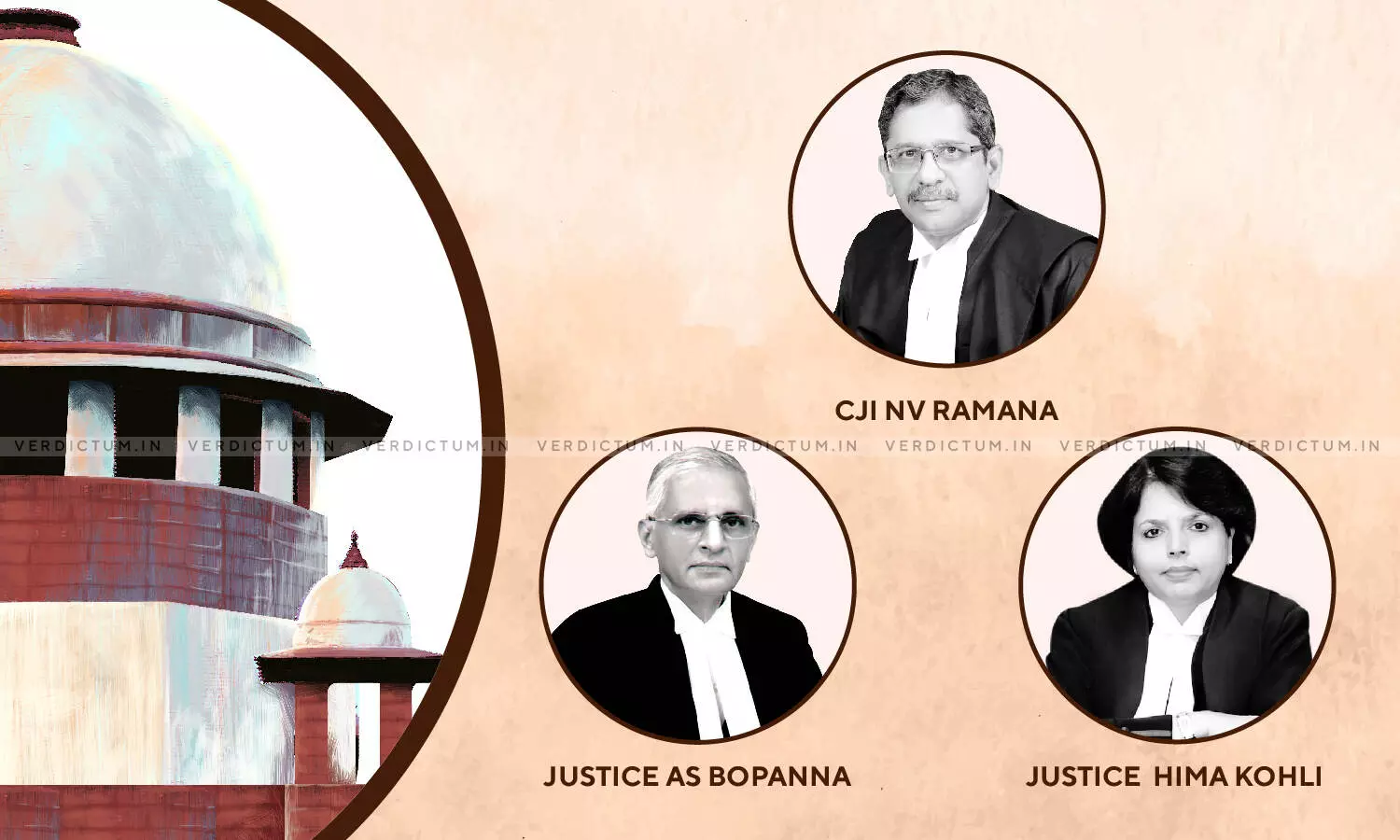
Authorized Employee Can Represent Payee-Company, Such Averment Is Sufficient For Magistrate To Take Cognizance U/s. 138 Of NI Act
 |
|The Supreme Court in a recent judgment set aside the pronouncement of the Odisha High Court wherein it had quashed the order of the SDJM Jharsuguda, Odisha dated 05.11.2015. The order passed by the SDJM pertains to the complaint made under Section138 of the Negotiable Instrument Act, 1881 (NI Act) and authorization obtained as per the requirements of section 142.
The SDJM after being satisfied with the material produced by the Appellant company took cognizance and summoned the respondent for not honoring the cheques dated 13.03.15 to the tune of rupees one crore ten lakhs. The Respondent, however, filed a criminal petition under section 482 of CrPC before the Odisha High Court for quashing of the order passed by the Magistrate.
The Respondent contended that the complaint U/s. 138 NI Act was filed by an incompetent authority and it did not have any requisite averments. The Respondent further contended that Mr. Subhasis Kumar Das, General Manager (Accounting) who had filed the complaint representing the complainant company, neither had knowledge about the alleged transaction nor had he witnessed the same.
The High Court accepted the said contention and placed reliance on the judgment of Supreme Court in A.C. Narayanan vs. State of Maharashtra & Anr. (2014), and held that there is no mention in the complaint or affidavit as to when and in what manner the company had authorized its General Manager (Accounting) to represent them to file the complaint. The HC, quashing the order, further held that there is no averment in the complaint as to whether the General Manager (Accounting) had knowledge about the transaction or he was a witness to the transaction.
The Appellant contended before the Apex Court that the HC in the impugned order did grave injustice to the findings in the Narayanan judgment, and misconstrued the principles enunciated in the said case. It was further contended that the list of documents and the documents referred to, would reveal that the agreements that had taken place between the Appellant and the Respondent have been witnessed by Mr. Das. It was also argued before the Court that Mr. Das had signed the reconciliation statement and had dispatched the notice to the Respondent when the cheques were dishonored.
The Bench observed that the General Manager (Accounting) was a competent authority to represent the Appellant-company and that he had knowledge of all transactions. The Senior Counsel on behalf of the Appellant submitted that Mr. Subhasis Kumar Das, General Manager (Accounting) in the affidavit filed as his sworn statement, had explicitly stated that he is the authorized representative of the complainant company and has filed the complaint against the accused persons. It was also submitted that Mr. Das was authorized by the Managing Director to initiate legal proceedings.
The Supreme Court observed, taking note of the earlier decision in Vishwa Mitter vs. O.P. Poddar, (1983) wherein it was held that anyone can set the criminal law in motion by filing a complaint of facts constituting an offence, before a Magistrate entitled to take cognizance. It was further held in the Vishwa Mitter case that if any special statute prescribes offences and makes any special provision for taking cognizance of such offences under the statute, then the complaint requesting the Magistrate to take cognizance of the offence must satisfy the eligibility criterion prescribed by such statute.
The Supreme Court hence set aside the judgment passed by the HC with cost to the tune of Rs. 1,00,000 on the Respondent, and finally held that "High Court was not justified in entertaining the petition filed under Section 482 of Cr.PC and quashing the order dated 05.11.2015, taking cognizance of the complaint filed by the appellant," and allowed the appeal.
Click here to read/download the Judgment